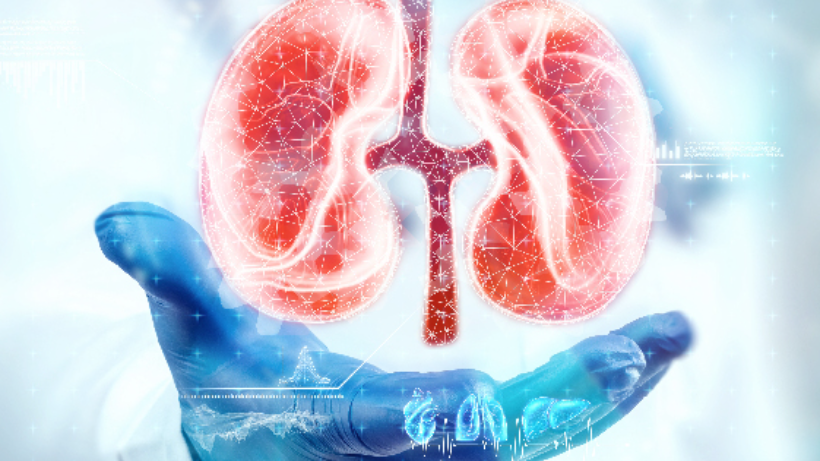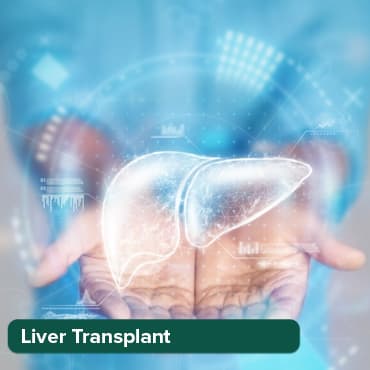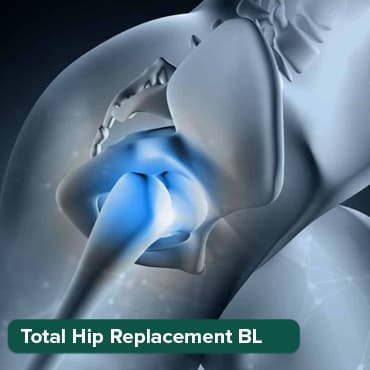
Kidney Transplant Benefits and Disadvantages
06 Jun, 2022
 Healthtrip Team
Healthtrip TeamOverview
The pair of kidneys are the most important parts of our body. They use urine to filter and remove waste and poisons from the blood. They also aid in the maintenance of the body's fluid and electrolyte balance. Needless to say, the kidneys must be in good operating order; otherwise, waste and toxins accumulate in the body, contributing to a variety of ailments. In severe cases, which necessitate a kidney transplant. Like every surgical procedure, this one also has some advantages and disadvantages. Here we’ve discussed a few benefits and disadvantages of a kidney transplant. Keep reading to learn more.
Understanding the necessity of a kidney transplant:
A human needs only one kidney to survive. People who have chosen to be organ donors and are killed in a car accident may have one or both kidneys donated to people who need a healthy kidney.
Transform Your Beauty, Boost Your Confidence
Find the right cosmetic procedure for your needs.

We specialize in a wide range of cosmetic procedures

What are the benefits of a kidney transplant?
In patients who are physically fit enough, a kidney transplant is usually the best treatment for renal failure.
The following are the primary benefits of a successful kidney transplant:
- Most kidney transplant recipients live longer than most.
- The majority of patients have a higher quality of life.
- Dialysis is no longer required.
- Increased energy levels
- It is simpler to work and travel.
- There will be fewer limitations on what you can eat and drink.
- Increased fertility and improved sex life.
Disadvantages of kidney transplant:
The following are the disadvantages that a person might face after a kidney transplant. This includes-
- Everyone is not suitable for the procedure- Patients who are presently suffering from, have previously suffered from, or have a family history of cancer are not eligible for transplant.
Patients with tuberculosis, bone infections, hepatitis, severe cardiovascular disease, liver disease, any chronic illness that could lead to death within a few years, and significant obesity (BMI greater than 40) are also ineligible for a transplant.
Finally, those suffering from dementia, uncontrolled mental illness, or any disease that causes memory loss are not eligible.
People who abuse alcohol, recreational drugs, or tobacco are also ineligible for a transplant.
Most popular procedures in India
Atrial septal defect
Upto 80% off
90% Rated
Satisfactory

Coronary Angiogram a
Upto 80% off
90% Rated
Satisfactory

Coronary Angiogram C
Upto 80% off
90% Rated
Satisfactory

Liver Transplant
Upto 80% off
90% Rated
Satisfactory

Total Hip Replacemen
Upto 80% off
90% Rated
Satisfactory

- Finding a kidney donor can be hard- The first and most pressing concern is that a healthy kidney is difficult to come by. Donors of kidneys can be living people, such as family members, friends, or even strangers. They could also be someone who died as a result of an accident or another illness that did not impact their kidney. Cadavers are such deceased donors.
How can we help with the treatment?
If you are in search of kidney transplant treatment in India, we will serve as your guide throughout your treatment and will be physically present with you even before your treatment begins. The following will be provided to you:
- Opinions of expert physicians and surgeons
- Transparent communication
- Coordinated care
- Prior appointment with specialists
- Assistance with hospital formalities
- 24*7 availability
- Arrangements for travel
- Assistance for accommodation and healthy recovery
- Assistance in emergencies
We are dedicated to offering the highest quality health care to our patients. We have a team of highly qualified and devoted health professionals that will be by your side from the beginning of your journey.
Our success stories
Individuals who receive a transplant from a living donor, on the other hand, have a significantly higher survival rate than those who receive a transplant from a corpse. This is the fundamental cause of the scarcity. As a result, there is a never-ending waiting list of patients who need a kidney transplant and are looking for a living donor.
- Risks associated with surgery- An allergic reaction to general anesthesia can occur during surgery. And, following surgery, he or she may have any of the following conditions: infection, bleeding, blood clots, heart attack, stroke, ureter leakage, or ureter blockage. In extreme circumstances, death may result.
- Lifelong medications- The human immune system lacks the intelligence to comprehend the context of a transplant. It treats the transplanted kidney as a foreign body, attacking or rejecting it. This is a natural bodily drive that is controlled by medicines known as immunosuppressants. These and other medications must be taken by the patient every day for the rest of his or her life. Furthermore, any minor infection or health problem will necessitate a visit to the doctor for careful monitoring.
- Side effects of these medicines- These medications can have serious adverse effects on some people, such as an increased risk of severe infections due to a reduced immune system. It can also cause diabetes and cancer in some people.
- Associated pain after surgery-Pain is common following surgery. You should be able to walk the day following surgery and be able to return home in two or three days. Kidney donors can return to work two to four weeks after surgery and gradually resume normal activities.
- Required lifestyle changes-You may need to make some lifestyle changes in preparation for kidney donation. These modifications include abstaining from recreational substances and tobacco. Up to six weeks prior to surgery, you may consume alcohol in moderation.
Read more : Common Myths and Misconceptions about Kidney Transplants Debunked
Wellness Treatment
Give yourself the time to relax
Lowest Prices Guaranteed!

Lowest Prices Guaranteed!




